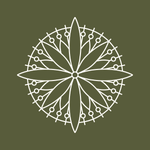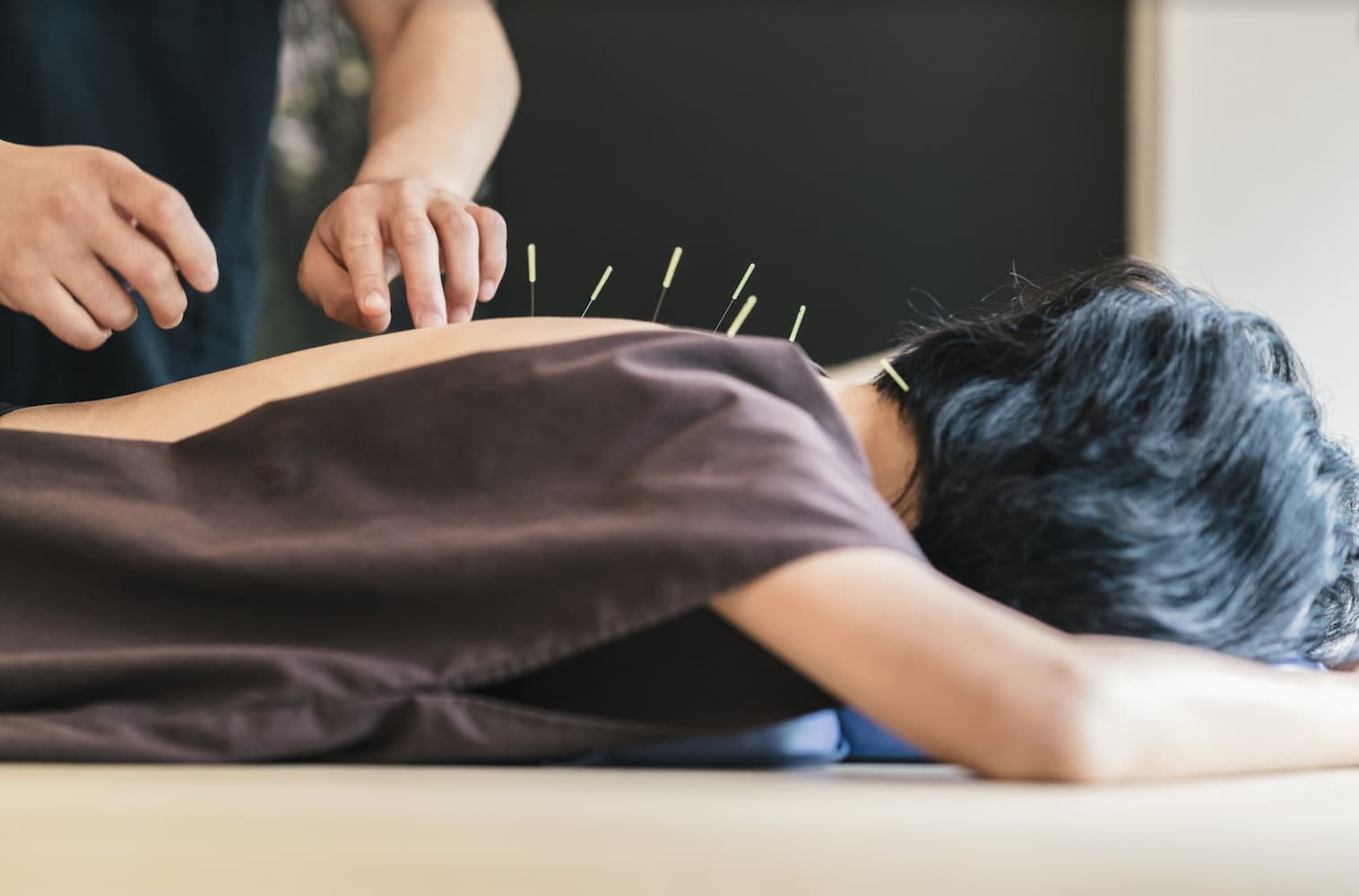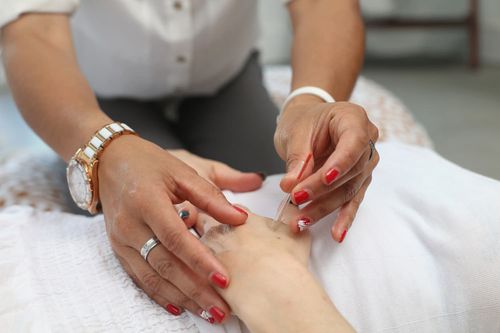What is acupuncture?
Acupuncture is based on the Chinese medical philosophy that a vital life force, also known as Qi, travels through our bodies along energy pathways called meridians to keep us healthy and alive. When there is a blockage in the flow of Qi, health issues arise. To unblock the obstructions, an acupuncturist inserts acupuncture needles into specific points on the skin at various depths and distances along these meridians, which correspond to one or more organs in the body. Acupuncture helps the body achieve homeostasis through several ways to prevent disease. It provides pain relief, regulates bodily functions, regulates blood pressure, strengthens the immune system, and it also detoxifies the body.
Acupuncturists practising in the Macquarie University area can join the following peak professional bodies to receive professional support and stay up to date on industry news and developments:
- Federation Of Chinese Medicine & Acupuncture Societies Of Australia (FCMA)
- Australian Traditional Medicine Society (ATMS)
- Chinese Medicine Board Of Australia
- Complementary Medicine Association (CMA)
- International Institute for Complementary Therapists (IICT)
Should you study acupuncture?
Learning different acupuncture techniques will enable you to remove harmful toxins that accumulate in the human body and restore yin and yang equilibrium, which makes self-healing possible. In addition to learning how to use fine needles to stimulate the body's meridian points, you will also be able to adopt the wonderful attributes of an acupuncturist, such as:
- Strong communication and people skills will enable you to communicate effectively with both patients and colleagues
- Physical stamina will help you stay on your feet during acupuncture sessions, as you'll be moving around patients, which can be exhausting if you're not in good shape.
- Patience and empathy will help you deal effectively with patients suffering from chronic pain or other conditions.
- High levels of organisational skills are crucial since you'll be working by yourself most of the time, so you must be able to manage your time, patient records and administrative matters effectively.
- Good mathematical skills are also vital because acupuncture points are located at specific areas on the body and acupuncture needles must be inserted into these points with accuracy.
If you can relate to these qualities and would like to use your caring nature to help others achieve optimal health, continue reading to learn more about acupuncture courses in the Macquarie University area that may offer you good career opportunities.
What are the course and study options for acupuncture in Macquarie University?
Acupuncture is a university course that you can study on a full-time or part-time basis. Although it is often delivered on campus, there are schools that offer students the option of enrolling in a blended learning program, which allows them to attend lectures online and receive hands-on training in the institution's dedicated clinic.
You can enrol in a taster course first to get an actual acupuncture demonstration. It will help you decide whether or not you really want to pursue acupuncture as a career. Many holistic clinics hold brief workshops for anyone who is interested.
If you're set on becoming an acupuncturist, a bachelor's degree is the best path to take. It takes 4 years to complete if you study full-time, and if you study part-time, it will take you 8 to 10 years. It's a comprehensive program that teaches about various acupuncture points, as well as acupuncture theory and clinical practice.
At the top of the page, you'll find a complete list of acupuncture courses available in the Macquarie University area. If you have any queries about your desired institution's curriculum, course fees or delivery methods, feel free to contact them.
What happens after you complete your acupuncture course in Macquarie University?
Finishing an acupuncture course will lead to a wide array of career opportunities. Most acupuncturists work at holistic clinics, hospitals or spas. Depending on your work setting, your workload can range from 10 to 15 patients a day.
If you want complete control over your schedule and patient care, you can choose to be self-employed or open your own private practice. This allows you to fit your work schedule around your other commitments. What's more, is that you can add your services to the practitioner listing pages of Natural Therapy Pages to make them visible to more potential clients.
Earning an acupuncture qualification is also a great way to branch out into other fields of complementary medicine. Training in other modalities such as those listed below will enable you to provide your clients with a more personalised treatment.







